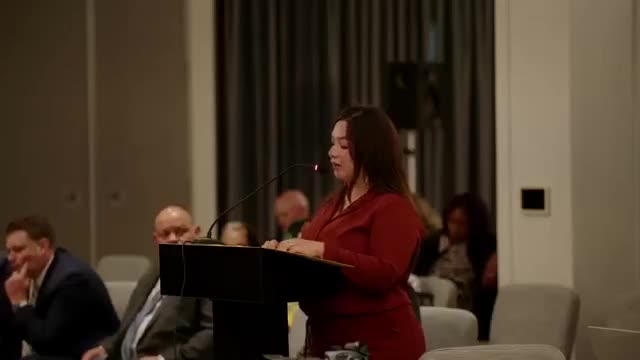Article not found
This article is no longer available. But don't worry—we've gathered other articles that discuss the same topic.

Public commenters press TDCJ board on death-row conditions, medical transport, commissary and water at Hobby; advocates call for accountability

Windham reports updated performance measures and plans to separate literacy completion definitions; district highlights CTE expansion

Windham School District board approves 2025-26 budget and salary schedule; legislature funds teacher raises and technology

